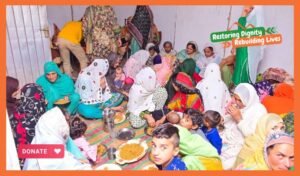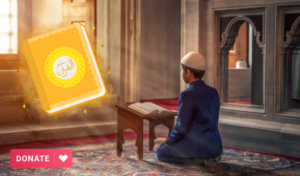The Second Ashra: Days of Seeking Forgiveness

As the holy month of Ramadan progresses, Muslims around the world eagerly anticipate the middle 10 days, otherwise known as the second ashra, which are considered to be a special period of spiritual significance. These days hold a unique place in the hearts of believers, as they are known for their emphasis on seeking forgiveness and repentance.
During the middle 10 days of Ramadan, Muslims are encouraged to reflect on their actions and seek forgiveness from Allah. This period is seen as an opportunity for self-reflection, introspection, and self-improvement. It is a time to evaluate one’s deeds, seek forgiveness for past mistakes, and strive to become a better person.
Seeking forgiveness is an integral part of Islamic teachings, and it holds immense importance during Ramadan. Muslims believe that Allah is the Most Forgiving and Merciful, and He readily accepts the repentance of those who sincerely seek it. The middle 10 days of Ramadan provide a focused period for believers to turn to Allah, seek His forgiveness, and cleanse their hearts and souls.
During these days, Muslims engage in various acts of worship and devotion to seek forgiveness. One of the most common practices is engaging in extra prayers known as Taraweeh, which is prayed throughout Ramadhan. These prayers are performed after the obligatory night prayer (Isha) and are a means of seeking Allah’s forgiveness and blessings. Many mosques offer special Taraweeh prayers during the middle 10 days, providing an opportunity for congregational worship and spiritual rejuvenation.
In addition to extra prayers, Muslims also increase their recitation of the Quran during these days. The Quran is believed to be a source of guidance, mercy, and forgiveness. By immersing themselves in the recitation of the Quran, Muslims hope to strengthen their connection with Allah and seek His forgiveness for their shortcomings.
Charitable acts also play a significant role during the middle 10 days of Ramadan. Muslims are encouraged to give generously to those in need, as acts of charity are seen as a means of seeking forgiveness and purifying one’s wealth. It is common to find Muslims actively participating in charitable initiatives, such as feeding the hungry, providing financial assistance to the less fortunate, or supporting various humanitarian causes.
Don’t forget you can donate to the activities of Kashmir Welfare Foundation during this time too. Simply click on one of our campaigns below to donate.
Moreover, Muslims are advised to engage in sincere repentance during these days. Repentance involves acknowledging one’s mistakes, feeling remorseful, and making a firm commitment to avoid repeating them. It is believed that sincere repentance can lead to the forgiveness of sins and the purification of the soul. Muslims are encouraged to turn to Allah with humility and seek His forgiveness wholeheartedly.
While the second ashra of Ramadan isa time for seeking forgiveness, it is important to remember that forgiveness is not limited to this specific period. Muslims are encouraged to seek forgiveness throughout the year and make it a habit to ask for Allah’s mercy and pardon regularly. However, the middle 10 days of Ramadan serve as a reminder and a focused period for believers to intensify their efforts in seeking forgiveness.
The second Ashra of Ramadan hold a special place in the hearts of Muslims. These days are dedicated to seeking forgiveness, repentance, and self-improvement. Through acts of worship, recitation of the Quran, charitable deeds, and sincere repentance, Muslims strive to purify their hearts and seek Allah’s forgiveness. May these days be a source of spiritual growth and enlightenment for all those observing Ramadan.











